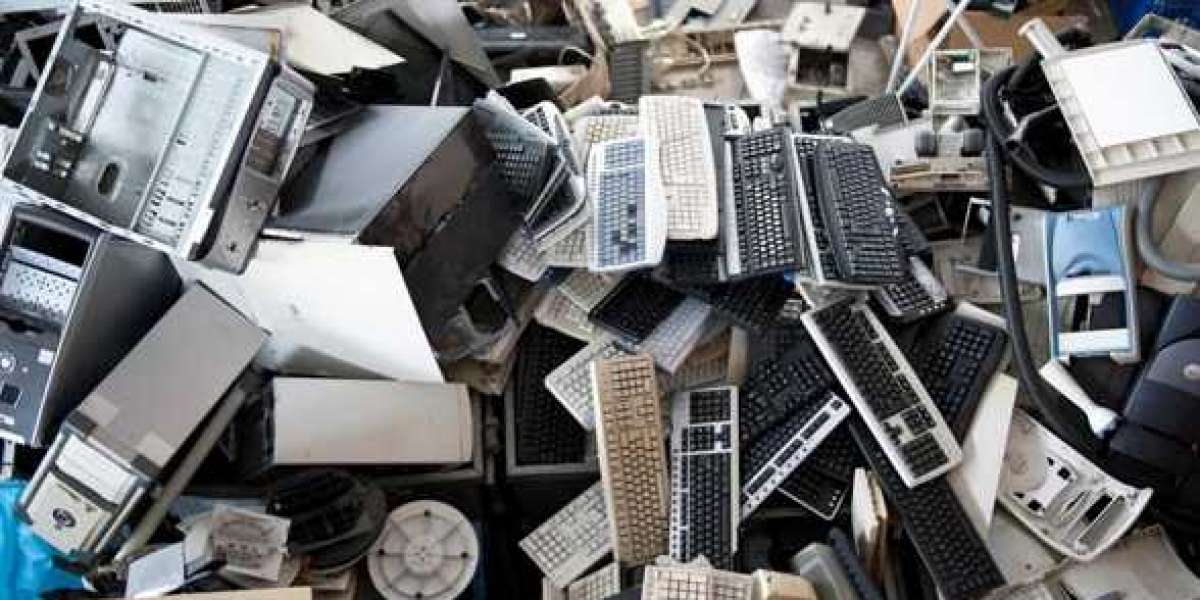India's electronic waste dilemma is intensifying with the rapid proliferation of technology and consumer electronics. To combat this growing issue, numerous e-waste collection centers have been established across the country. These centers serve as pivotal points where individuals and corporations can dispose of their electronic waste responsibly. The government, along with various private stakeholders, has been working to enhance the accessibility and efficiency of these centers, aiming to cover broader geographic areas and cater to increasing volumes of e-waste.
Key Players and Public Participation
Major cities like Delhi, Mumbai, Bangalore, and Pune have robust e-waste management systems in place, with both government-sponsored and private collection centers. These facilities are equipped to handle a wide range of electronic products, from small gadgets to large appliances. Public participation is critical, and awareness campaigns are essential to educate the populace on the importance of proper e-waste disposal.
Challenges in Scaling Up
Despite these efforts, the challenge remains in scaling up the infrastructure to keep pace with the amount of e-waste generated. The integration of informal sector workers, who traditionally handle a significant portion of waste recycling, into the formal economy is a pivotal aspect of improving e-waste management. Ensuring proper health and safety standards and providing adequate training and tools is equally crucial for sustainable development in this sector.
E-Waste Collection Center
A Closer Look at Functionality
An e-waste collection center functions as the first step in the lifecycle of electronics recycling. These centers are strategically placed to ensure ease of access for dropping off unwanted or outdated electronic devices. The primary role of these centers is to aggregate e-waste from various sources, sort it, and then send it off to recycling facilities where valuable materials can be recovered and reused.
Services Offered
The services provided by e-waste collection centers include:
- Secure bins and drop-off points for individual and bulk waste.
- Preliminary sorting to differentiate between repairable, reusable, and recyclable items.
- Data destruction services to safeguard personal information.
- Certification for proper disposal to encourage corporate responsibility.
Importance of Compliance
Compliance with local and national environmental regulations is paramount. E-waste collection center adhere to stringent standards to prevent any potential environmental contamination. This compliance not only helps in maintaining ecological balance but also boosts public confidence in recycling processes.
Waste Management Electronics Recycling
Advancements in Recycling Technologies
The field of waste management and electronics recycling is witnessing rapid advancements in technology. Modern recycling facilities utilize specialized machinery to dismantle electronics, safely extract hazardous components, and recover precious metals like gold, silver, and copper. This not only conserves natural resources but also reduces the environmental impact of mining new materials.
Economic and Environmental Impact
Electronics recycling has a profound economic and environmental impact. It provides a sustainable alternative to landfill disposal, reduces greenhouse gas emissions, and conserves energy. Economically, it contributes to the creation of green jobs and supports the economy through the recovery of valuable materials.
Koscove E-Waste
Leading by Example
Koscove E-Waste, a prominent player in India’s e-waste sector, exemplifies best practices in electronic waste management electronics recycling . Operating from Pune, Koscove offers comprehensive e-waste recycling services that are both environmentally friendly and compliant with international standards.
Koscove's Approach to E-Waste
Koscove's operations are designed to maximize resource recovery and minimize environmental impact. Their services include:
- Collection Drives: Conducting regular e-waste collection drives to increase waste collection rates.
- Awareness Campaigns: Engaging with the community through educational programs about the benefits of e-waste recycling.
- Technological Innovation: Employing cutting-edge technology to enhance efficiency in the recycling process.
Vision for the Future
Koscove E-Waste is committed to expanding its reach by establishing more collection centers and recycling facilities across India. Their goal is to set an industry standard for sustainable practices while fostering an environment where electronic waste is viewed not as trash, but as a valuable resource that is essential for the future of our planet. Through continuous improvement and innovation, Koscove aims to lead the charge towards a greener and more sustainable future.














